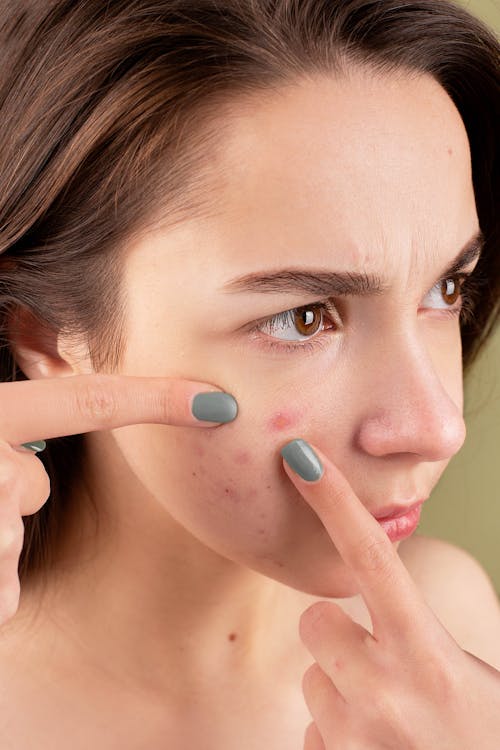The Dos and Don'ts of Treating Acne: Expert Advice
Acne is a common skin condition that affects millions of people worldwide, from teenagers to adults. While it's often perceived as a superficial issue, acne can significantly impact self-esteem and overall well-being. Effectively managing acne requires a delicate balance of proper skincare and lifestyle choices. Here, we'll delve into expert advice on the dos and don'ts of treating acne to help you achieve clearer skin.
The Dos of Treating Acne
1. Do Cleanse Gently
Using a gentle cleanser twice daily is crucial. Opt for products that are non-comedogenic and sulfate-free to avoid irritating the skin. Over-washing or using harsh scrubs can strip your skin of natural oils, exacerbating acne.
2. Do Moisturize

Even oily skin needs hydration. Choose a lightweight, oil-free moisturizer to keep your skin balanced. Dehydrated skin can lead to increased oil production, making acne worse.
3. Do Use Acne Treatments Consistently
Consistency is key in acne treatment. Whether you're using over-the-counter products with salicylic acid or benzoyl peroxide, or prescription medications, apply them as directed. It may take several weeks to see improvement, so patience is essential.
4. Do Apply Sunscreen Daily
Sun protection is vital, especially when using acne treatments that can increase sun sensitivity. Opt for a non-comedogenic sunscreen with at least SPF 30 to protect your skin without clogging pores.
5. Do Keep Your Hands Off Your Face
Touching your face can transfer bacteria and oils from your hands to your skin, leading to breakouts. Make a conscious effort to avoid resting your face on your hands or picking at pimples.
The Don’ts of Treating Acne
1. Don’t Overuse Acne Products
Applying too many acne treatments can dry out and irritate your skin, making acne worse. Stick to a simple routine and avoid layering multiple active ingredients without professional guidance.
2. Don’t Skip Moisturizer
Skipping moisturizer, thinking it will reduce oiliness, is a common mistake. Without adequate hydration, your skin may produce more oil, leading to more breakouts.
3. Don’t Pick or Squeeze Pimples

Popping pimples can push bacteria deeper into the skin, causing more inflammation and potential scarring. Resist the urge and use spot treatments instead.
4. Don’t Use Harsh Scrubs
Exfoliation can help with acne, but harsh scrubs can damage your skin’s barrier, leading to increased irritation and breakouts. Opt for gentle exfoliants like chemical exfoliants (AHA/BHA) that are less abrasive.
5. Don’t Forget to Change Pillowcases and Towels
Dirty pillowcases and towels can harbor bacteria and oils that contribute to acne. Change them regularly to maintain a clean environment for your skin.
Expert Tips for Acne-Prone Skin
Consult a Dermatologist
If over-the-counter treatments aren’t working, it’s wise to see a dermatologist. They can prescribe stronger medications and offer treatments like chemical peels or laser therapy tailored to your skin type.
Mind Your Diet
While diet alone isn’t a sole cause of acne, certain foods can trigger breakouts in some people. Keep a food diary to identify any potential triggers, and aim for a balanced diet rich in fruits, vegetables, and whole grains.
Stay Hydrated
Drinking plenty of water helps keep your skin hydrated and can aid in flushing out toxins. Aim for at least 8 glasses of water a day.
Manage Stress
Stress can trigger hormonal changes that lead to acne. Incorporate stress-reducing activities into your routine, such as yoga, meditation, or regular exercise.
Conclusion
Treating acne effectively involves a combination of the right skincare routine, healthy lifestyle choices, and sometimes professional help. By following these dos and don’ts, you can better manage your acne and work towards clearer, healthier skin. Remember, patience and consistency are your best allies in the journey to acne-free skin.
For personalized advice and treatment plans, always consult with a dermatologist to ensure you're on the right path to managing your acne

 Cricket Score Counter
Cricket Score Counter Heads or Tails
Heads or Tails
You have not logged in, please Login to comment.